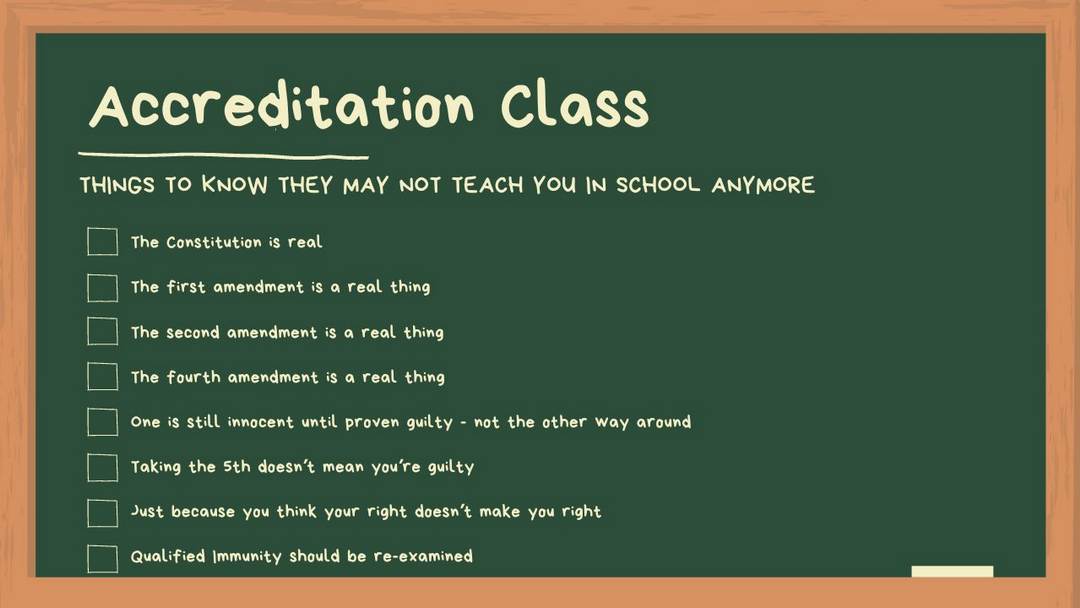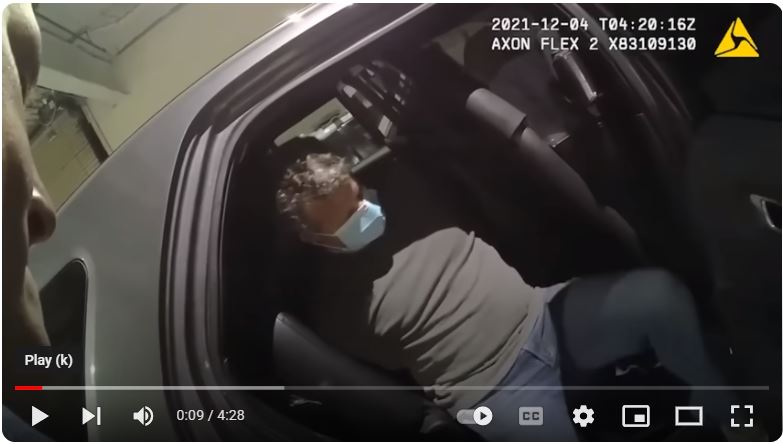Legal Consequences of Rescheduling Marijuana Jan 2024 a report from the Congressional Research Service.

Oklahoma’s wild marijuana market is about to shrivel
The world’s weed market, once booming with nearly 14,000 licensed medical marijuana businesses at its peak, has experienced a steady decline since Oklahoma voters overwhelmingly rejected a recreational legalization referendum in March.
Heightened enforcement by state regulators and law enforcement has forced numerous businesses to close their doors. Additionally, others have come to the realization that Oklahoma’s cannabis production is extraordinarily high—64 times more than necessary to meet the demands of the state’s medical patients, as highlighted by a recent study. Consequently, attempting to generate any profit from this oversaturated market has become an insurmountable challenge.
With the potential customer base gradually declining, the number of individuals enrolled in the medical program has decreased to nearly 350,000, from a previous high of over 385,000.
Charged with a Crime…Want to Fight it?
Call our office: Komorn Law (248) 357-2550.
Oklahoma serves as a cautionary tale for the nation’s marijuana legalization experiment, showcasing the amplified challenges faced by fledgling markets within its staunchly conservative climate.
The unlikely boom market has been sullied by dozens of raids on illegal cultivation sites, rampant diversion of products into the illicit market, allegations of human trafficking and grisly crimes, including a quadruple murder of Chinese nationals at a weed farm last November.
Struggling business owners express their relief that the crackdowns they have long awaited have finally arrived. They have grown increasingly frustrated in their efforts to compete with operators who ignore regulations and were hopeful that the market would experience significant growth following recreational legalization, especially with Texans venturing across the border.
But with the defeat of the ballot measure — every single county in the state voted against it — they’re now hoping that enough firms will fail that it will be more feasible to run a financially successful business.
Government Reports
Have you been arrested or charged with DUI?
Charged with a Crime?
Lost Your License?
Conspiracy or CCE?
Thought Crimes?
Call Our Office for a Free Case Evaluation
More from Oklahoma
- Oklahoma Demographics
- Oklahoma’s fight against international drug trafficking
- Chinese organized crime outfit set sights on Oklahoma
- Oklahoma has shut down nearly 1,000 marijuana farms since late 2020, with about 80% to 90% of them linked to Chinese organized crime rings.
- Oklahoma Crime Task Force raids 72,000 pounds of illegal
- Feds bust alleged money laundering, illicit cannabis ring
More Posts

Legal Consequences of Rescheduling Marijuana – 2024

Scientists Discover The Reason Cannabis Causes The Munchies
For the first time, scientists have uncovered the precise neurological impacts of cannabis use that give rise to the phenomenon famously referred to as the "munchies," as revealed by an innovative study backed by federal funds. Researchers at Washington State...

Maker of CBD products asks court to decide
The Petitions of the Week column highlights a selection of cert petitions recently filed in the Supreme Court. A list of all petitions we’re watching is available here. Organized crime, from the mafia to small-time money laundering schemes, often evades criminal...

Transcription of the 1789 Joint Resolution of Congress Proposing 12 Amendments to the U.S. Constitution
This information was taken from archives.gov. One should assume it is factual... but assuming information is a fact is a perilous assumption. Here is what you paid for... Transcription of the 1789 Joint Resolution of Congress Proposing 12 Amendments to the U.S....

New laws for 2024 – Buckle Up
States nationwide will welcome the upcoming year with the implementation of laws tackling crucial matters such as gun violence, book bans, and the introduction of gender-neutral toy sections. These legislative advancements are set to take effect throughout 2024,...

Biden Issues More Cannabis Pardons but…
Joe Biden has extended pardons for individuals charged with simple cannabis possession and use, yet disappointingly, he has refrained from granting clemency to those currently incarcerated for cannabis-related offenses.In an extension of the previous year's extensive...

Working With and Not Against, IRS Revenue Code 280E
Cannabis operators face IRS Revenue Code 280E restrictions, but smart tax planning and strategies allow entrepreneurs to mitigate its impact on their business.Komorn Law is Michigan's top cannabis law firms when it comes to licensing, consulting and legal defense....

Department of Attorney General Prepares for MLEAC Accreditation
LANSING – The Michigan Department of Attorney General (DAG) recently welcomed a team of assessors from the Michigan Law Enforcement Accreditation Commission (MLEAC). The assessors came to examine all aspects of the Department’s compliance with the MLEAC standards in...

Oklahoma’s wild marijuana market is about to shrivel
The world's weed market, once booming with nearly 14,000 licensed medical marijuana businesses at its peak, has experienced a steady decline since Oklahoma voters overwhelmingly rejected a recreational legalization referendum in March. Heightened enforcement by state...

400K settlement after being arrested for a DUI, even though he passed breath and blood tests
A Colorado man is poised to receive a $400,000 settlement from city authorities after being wrongfully arrested for a DUI, even though he had passed both a breath and blood test.According to the complaint, Elias was driving southbound on College Avenue in Fort Collins...
















